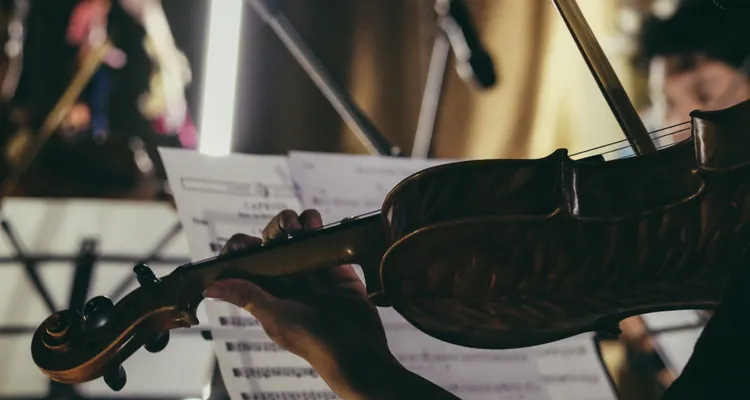The Society of Composers & Lyricists’ president testifies before the Judiciary Committee about the impact of AI on creatives, including songwriters and composers.
Ashley Irwin, President of the Society of Composers & Lyricists (SCL), testified yesterday on behalf of the SCL before the House Judiciary Committee during the hearing on “Artificial Intelligence and Intellectual Property” — part one of an ongoing examination exploring the potential impact of the rapidly-evolving world of AI on copyright and IP law.
Among the topics addressed were the use of copyright-protected works in the training of generative AI models, copyright protection of works produced with the assistance of generative AI, and the economic impact of generative AI on creators and creative industries. Irwin was invited to participate in the hearing due to legislative solutions the SCL has offered, considering the ongoing conversation about AI and music.
The SCL is the premier U.S. organization for music creators working in all forms of visual media, operating as the primary voice for over 3,000 members working as creators of scores and songs for film, television, video games, and theatre. Irwin has been a composer and arranger for over 40 years, writing music for thousands of hours of film and television and even more in commercials.
“The issue that has consumed the majority of our time recently has been generative AI,” says Irwin. “The rapid introduction of generative AI systems is seen as an existential threat to the livelihood and continuance of our creative professions unless immediate steps are taken on legal, interpretive, and economic fronts to address these emerging issues.”
“I want to be very clear: my goal in raising issues pertaining to the rights of writers and creators is not to block AI research and usage,” Irwin stresses. “We are simply advocating for the creation of a policy framework that ensures generative AI is developed and utilized responsibly, ethically, and with respect for human creators and copyright so that the creative arts — that are the real engine of generative AI — can continue to flourish.”
“The SCL believes that AI companies, and their generative models, should adhere to the fundamental ‘Three Cs’: Consent, Credit, and Compensation.
Consent, by creators for the use of their works in generative AI media; Credit, wherever audiovisual creators’ works are used; Compensation, at fair market rates, for the ingestion of any portion of human creators’ copyrighted works by AI generative machines and the subsequent output of new derivative works.”
“The protection of creators is not now, nor has ever been, in conflict with technological development. Our founding fathers recognized that,” concludes Irwin. “Specifically, the rights granted to authors and inventors in Article I, Second 8, Clause 8 are ‘To promote the Progress of Science and useful Arts.’ Respect for copyright and development of AI should go hand-in-hand.”
Irwin further discussed three primary challenges posed to music creators by generative AI and outlined potential solutions in his written testimony. The first issue is that generative AI has been equipped using copyright-protected human-authored works and programmed to mimic those works without regard to the “Three C’s” outlined above.
Second, copyright information (metadata) has been removed during the ingestion process of those models, and third, the market will become diluted due to AI-generated works that should not be granted copyright protection.

